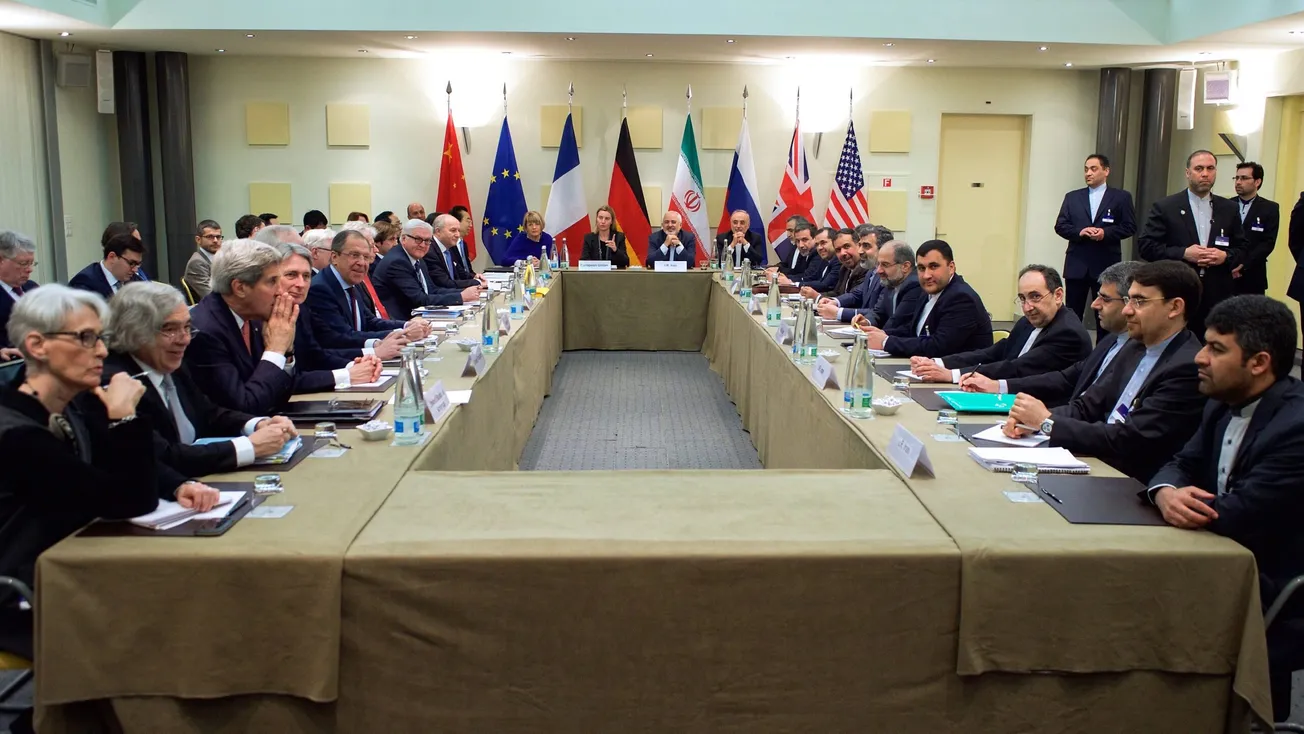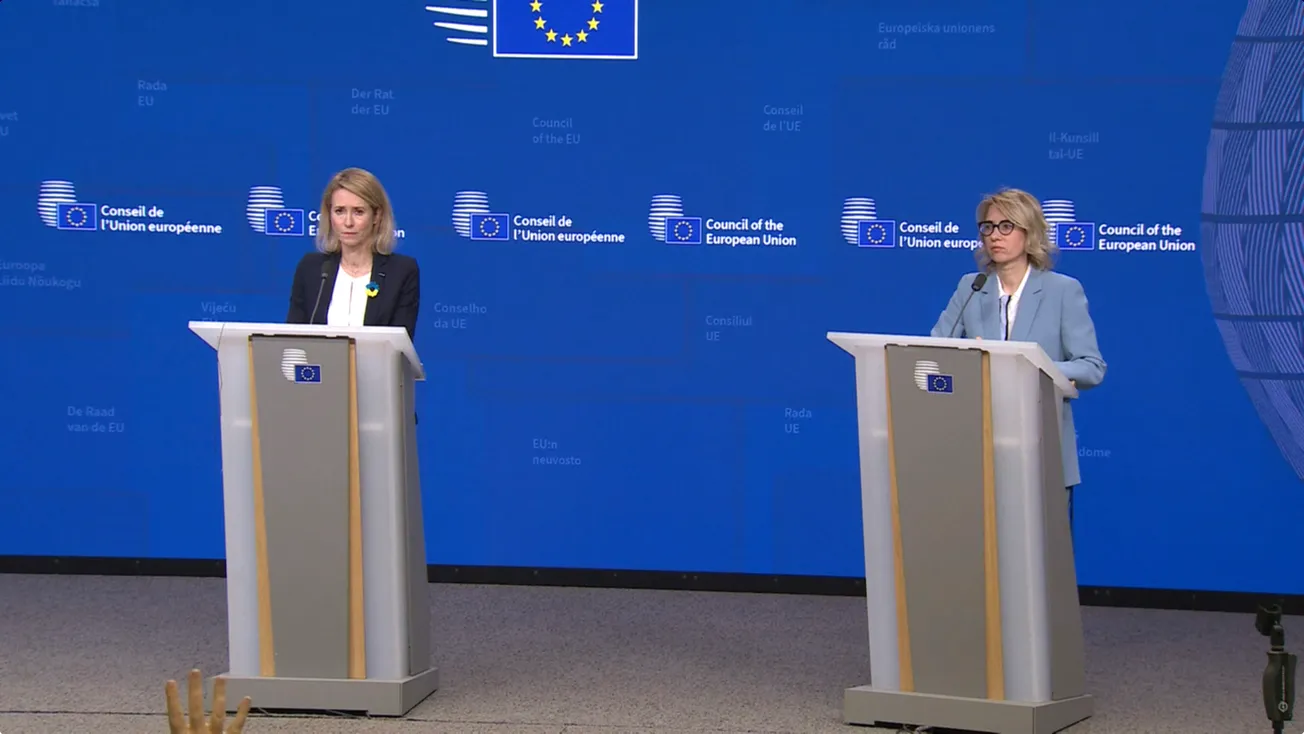The Ukrainian government had indicated to its Western allies that it needs a minimum of $55 billion next year in order to maintain a functioning economy. But that was before the destruction of critical infrastructure that has made heat, electricity and water scarce commodities. According to the Dec. 15 Washington Post, Kiev now estimates it needs at least $2 billion a month more next year, which would raise the $55 billion figure to $79 billion. (In 2021, Ukraine’s entire state budget was $48 billion.)
The U.S. and EU member nations, of course, have announced that their commitment to Ukraine is “unbreakable,” but to date, they have pledged to send only a little more than $30 billion, although that figure doesn’t include the military aid they are providing.
Kiev’s fear is that without that aid, a dire scenario is likely for an economy that has already shrunk by 33% this year and is expected to drop another 5% next year. People are leaving the country in droves, and now the government is encouraging them to leave the southern cities of Kherson and Mykolaiv, warning that critical services likely won’t be available during the winter. Where should they go? European nations are already flooded with Ukrainian refugees.
But leaving Ukraine presents another problem. As the National Bank of Ukraine worries, people who leave are taking their money with them, which could lead to a crash of the national currency, the hryvnia, as it is exchanged for dollars or euros. The government would be left without international reserves to pay for critical imports or meet debt obligations, leading to a “doomsday” balance of payments crisis.
Will the West cough up more funds? Jacob Kirkegaard, a senior fellow at the German Marshall Fund in the U.S., remarks: “We’re already giving them just enough to avoid hyperinflation, but there’s clearly a risk of a more serious economic contraction, and the only way to stop that will be to provide more financial assistance.” But, he adds, “I don’t know if the will is there.” (https://www.washingtonpost.com/world/2022/12/15/ukraine-economy-russia-war-crisis/ )




